This article has been inspired by the Hospitality Resilience Series‘ third session, held on January 14th 2021, hosted by Jonathan Humphries, Chairman HoCoSo, Chris Mumford, Founder Cervus Leadership Consulting, Jon Hazan, Executive Coach Atlas Coaching, with special guest Claudia Roth, Quantum energy coach and founder of SOUL LUXURY.
The need for personal transformation
As we embark on a new year, we continue to face challenges both at home and at work and our need for resilience remains as important as ever. The hospitality sector continues to face uncertainty and change, which has forced many professionals on a journey of personal transformation, willingly or otherwise. Whether being made redundant or because of change within their organisation they now face the need to re-train, re-skill and re-align their careers. For leaders, the opportunity to stop and think about how they must adapt to meet future demands and protect the wellbeing of their workforce is not to be ignored.
Often, we use the new year to form resolutions and intentions that we insist will change our behaviour for the better. All too often however, life, change and challenge get in the way of our good intentions and we fall back to the comfort of our long held beliefs and habits.
With this in mind we approached our speaker, Claudia Roth, founder of Soul Luxury and a Quantum Energy coach, and former senior executive in the luxury hotel industry, about her own journey of behavioural change and her work helping business leaders to achieve a more intentioned life.
The Trigger Point
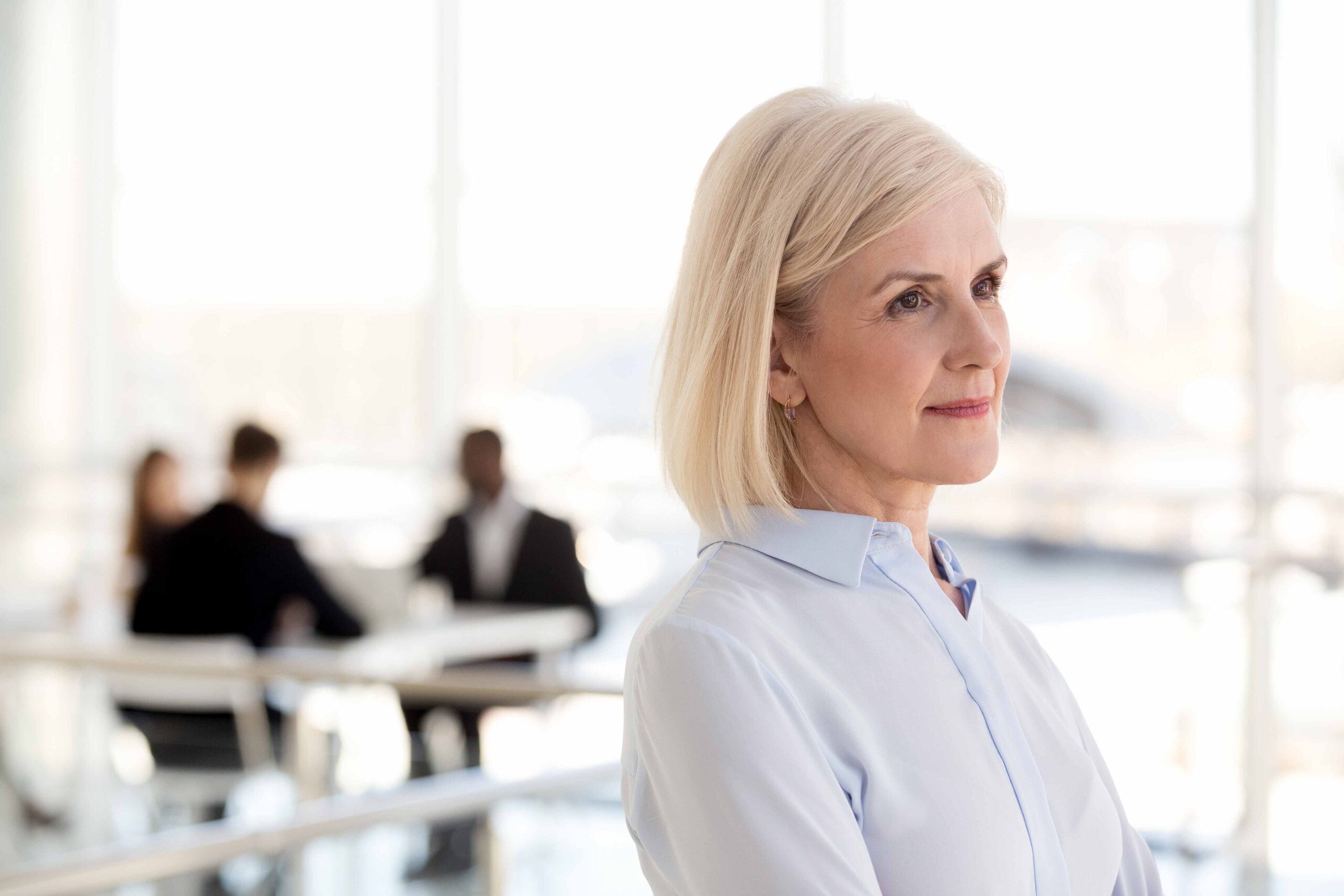 Claudia’s journey towards behavioural change began at The Ritz in Paris. As a senior executive working for the hotel group, The Leading Hotels of the World, she led a fast paced and travel intensive lifestyle. Whilst glamorous, she was subjected to high levels of stress on a regular basis. One morning she looked in the bathroom mirror and saw the imprint of her Blackberry on her cheek, her ‘Trigger Moment’ had arrived. In that instant Claudia realised that behind all the glamour and success lay a warped sense of motivation. She was driven by her ego and the need to prove, both to herself and to others, that she was good enough for this successful executive lifestyle. As Claudia admits she was being driven by external motivating factors rather than paying attention to what was truly important to her, her internal motivating factors. Her ‘Trigger Moment’ caused her to stop and reflect. She recognised that her values had changed resulting in a sense of unfulfillment and imbalance with the way she was living her life and that she needed to re-align her priorities. With this knowledge began her journey of personal transformation and from a new position of awareness and understanding she has reached out to others to assist them with their journeys towards living a more intentioned life. So, we challenged her, what if we recognise the need to change but don’t know how to achieve it?
Claudia’s journey towards behavioural change began at The Ritz in Paris. As a senior executive working for the hotel group, The Leading Hotels of the World, she led a fast paced and travel intensive lifestyle. Whilst glamorous, she was subjected to high levels of stress on a regular basis. One morning she looked in the bathroom mirror and saw the imprint of her Blackberry on her cheek, her ‘Trigger Moment’ had arrived. In that instant Claudia realised that behind all the glamour and success lay a warped sense of motivation. She was driven by her ego and the need to prove, both to herself and to others, that she was good enough for this successful executive lifestyle. As Claudia admits she was being driven by external motivating factors rather than paying attention to what was truly important to her, her internal motivating factors. Her ‘Trigger Moment’ caused her to stop and reflect. She recognised that her values had changed resulting in a sense of unfulfillment and imbalance with the way she was living her life and that she needed to re-align her priorities. With this knowledge began her journey of personal transformation and from a new position of awareness and understanding she has reached out to others to assist them with their journeys towards living a more intentioned life. So, we challenged her, what if we recognise the need to change but don’t know how to achieve it?
The challenge of self-awareness
Claudia considers self-awareness to be the starting point. To be open to interpretation and to work with our consciousness to gain a greater understanding of ourselves. The initial challenge is to recognise that different people have different levels of awareness but if a person really commits to the desire to understand themselves, (i.e., their values, motivations, and desire to achieve happiness) then there are many options open to them. Of note is how many people approach Claudia with a desire to change which in turn leads to discussion about shifting, deepening, and widening our consciousness. A few years ago, these conversations were rare but increasingly this form of conversation is becoming more accepted and openly discussed. This requires the courage to have some honest conversations and to be prepared to confront whatever we discover about ourselves in the process.
For leaders, this also requires the need to create an understanding of the world around them. Their first step is to engage, honour and be true to their teams. To recognise that each team member has different needs, challenges, and pains. To be a successful leader in today’s world requires a deeper understanding and an emotional awareness of others, in order to guide, influence and support them. Claudia suggests that today we need more holistic forms of leadership, not just emotionally aware but environmentally, morally, and commercially aware. For many leaders this presents an incredible challenge.
Making and breaking habits
Once we have achieved a clearer level of self-awareness it is possible to move towards changing patterns of behaviour, or habits. Claudia suggests there are three steps to creating a habit, something that we have done so often it becomes a part of us. Therefore, if we want to change a habit, we must first break it down. Firstly, there is the ‘trigger’, something that initiates the behaviour, then there is the ‘reward’ gained by the behaviour and finally the ‘trick’ that connects the behaviour to the reward. For example, I may have the habit of taking my mobile phone to bed with me and checking my messages last thing at night.  . The reward is the perception by others (i.e., our colleagues) that I am hard working, or for those with a level of self-awareness, that I feel important and in control. The trick is that unless I take my mobile phone to bed with me, I will cease to give others the impression of being hard working and will cease to feel important or be in control. However, this habit comes at a cost, loss of sleep, increased anxiety and poor communications with my partner and family. If we are serious about changing our behaviour or habits, we must recognise the trigger and reframe the reward. In this example, we must realise that the reward of a good night’s sleep is more important than the feeling of self-importance. Realise that we still have control without checking our emails in bed and so change the trigger, leave the phone in a different room before going to bed and reading a book instead.
. The reward is the perception by others (i.e., our colleagues) that I am hard working, or for those with a level of self-awareness, that I feel important and in control. The trick is that unless I take my mobile phone to bed with me, I will cease to give others the impression of being hard working and will cease to feel important or be in control. However, this habit comes at a cost, loss of sleep, increased anxiety and poor communications with my partner and family. If we are serious about changing our behaviour or habits, we must recognise the trigger and reframe the reward. In this example, we must realise that the reward of a good night’s sleep is more important than the feeling of self-importance. Realise that we still have control without checking our emails in bed and so change the trigger, leave the phone in a different room before going to bed and reading a book instead.
Linked to this came a question about how to manage ‘burnout’ as a professional. To this Claudia talked of the need to take back control. Of accepting that we have control over what we think and how we feel. There is a need to create boundaries. We must get better at recognising our body’s symptoms of burnout, then through self-reflection start to establish new routines that answer our personal needs for control, happiness, fulfilment and balance. There are many different techniques to do this, and it is important to note that different techniques work for different people.
Personalisation
For Claudia meditation and mindfulness enabled her to take back control and helped to manage her personal boundaries. Her advice is to find what works for you. This may mean seeking out advice around the many forms of meditation or simply finding a moment of calm in a personal sanctuary, to be in silence with your thoughts. This could mean finding a quiet space at home, fly fishing, stroking a pet or going for a walk. There are many forms of meditation, what is important is that it works for you and as a result becomes a part of your control mechanism and way of life. To create this calm especially during such a period of chaos and uncertainty is a powerful gift. If we can create some space to think calmly, to regulate our thoughts, (i.e., to avoid being tangled in our thoughts and instead practice becoming the witness of our thoughts), find solutions within ourselves or even simply to embrace a moment of quietness and reflection we can re-align, re-balance and re-focus.
Claudia also highlighted the need for compassion. Not just towards others but towards ourselves. To forgive ourselves and to accept vulnerability. For many leaders this presents a significant challenge, however as we have noted in an earlier discussion, leadership styles are changing. No longer are leaders expected (or even encouraged) to provide the answers by themselves. Rather it is through collaboration that solutions can be found. For this to happen takes an element of acceptance by leaders. By devolving part of the decision making process to others not only encourages engagement and trust within teams but allows growth and development in others. The more we allow others into that space the more we will be rewarded for doing so.
The Importance of Community
We elaborated on this point to include a brief discussion on the importance of communities in our desire to lead a more intentioned life. Whilst we have discussed at length the importance of self-awareness, self-regulation, self-compassion and changing our own behaviours we recognised that the more we align ourselves with communities that share our vision, our intentions, and our values the more likely we are to achieve our intentions. There is no need for us to tackle chaos and uncertainty on our own. To have the courage to ask for the support of others and to cherish our vulnerability can lead to increased confidence and success. Today, communities can be more easily found, created, and nurtured. We can belong to communities large and small, local, or global. We can find them online, in the office or in conversation and we can belong to many, like-minded communities at the same time if we choose to.
Conclusion – the Opportunity
As we hold our collective breath, waiting for the uncertainty to end, for a clear path to emerge and for progress to be made we are presented with a unique opportunity. To take stock, identify what we can and cannot control and to ask, ‘what can I do differently’? Rather than waiting in stasis for things to happen to us we have the chance to shape a different future. To look at ourselves, our businesses, our local and our global environment and use the time to explore a new reality. Claudia observes that previously accepted forms of behaviour are indeed shifting. There is a shift away from ego and control, from greed and the individual to a more collaborative, caring, environmentally aware consciousness.
The way we live is being challenged. However, we have an opportunity to reflect and recognise what is important to us, align with what our heart genuinely wants and needs, and to take back power to our self. To do this requires surrender, acceptance of the unknown and a willingness to reorientate. To be flexible, adaptive, and be open to change but if this can be achieved, the rewards are considerable.
Let’s recap >> the key takeaways
-
-
Start with a genuine desire to live life more intentionally.
-
Explore your own triggers and behaviours first before exploring those of others.
-
Take a step back, reflect on your true values and motivations.
-
Create the right kind of habit.
-
There are many techniques for reflection, mindfulness, and meditation – find what works for you.
-
For it to work however, one must commit to the process.
-
Enjoy the journey, it is not about the destination.
-
Accept vulnerability as strength.
-
Don’t do it on your own – find your community for support.
-
Don’t waste this opportunity to change.
-
For more information explore Claudia’s book – Self Love, a 28 day Guided Journal.
> Join the Hospitality Resilience Series‘ community on LinkedIn and on Instagram.
Our thanks to Claudia for her time, her thoughts, and her excellent advice.
About the author
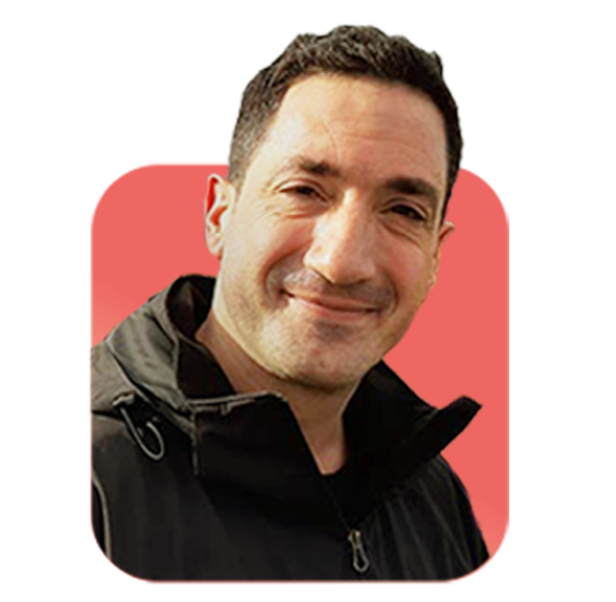 Jon Hazan
Jon Hazan
Jon started out as an officer in a tank regiment in the British Army, then he moved into events management, developing corporate teams globally. He switched to sports management and has worked on a number of national and international events over the past 15 years and has a wealth of experience in the planning and management of both mass-participation sporting events and smaller in-house and open multi-sports events, including team building and conference-style events. More recently, he has qualified as an executive coach, working with corporate clients and founded Atlas Events and Coaching.
About HoCoSo
HoCoSo are advisors with a difference.
We create tailor-made and innovative solutions for clients’ hospitality-led projects by bringing together the optimum team of sector specialists.
Jonathan Humphries, Chairman and Owner of HoCoSo, and his direct team specialize in the extended-stay, co-living, and hotel-alternatives hospitality market; luxury, lifestyle and boutique hotels; and resort developments in Europe, the Middle East and Africa (EMEA). Our strengths lie in the following core services:
- Product & Concept Creation, for portfolio & individual asset developments.
- Strategic Development Projects with a focus on new-market / new-concept business expansion planning, operator selection, market and financial feasibility studies.
- Transformative Asset Management for brand re-positioning, asset re-evaluation and concept re-structuring.
- Hospitality Education for companies and academic institutions, with a focus on bespoke course development, training and teaching.
- Workshops, Keynotes and Conference Moderating for boards, leading international conferences and incubators.





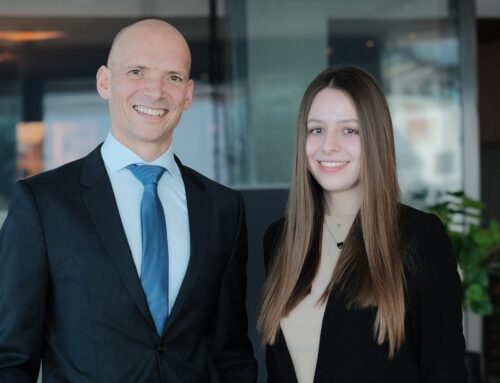


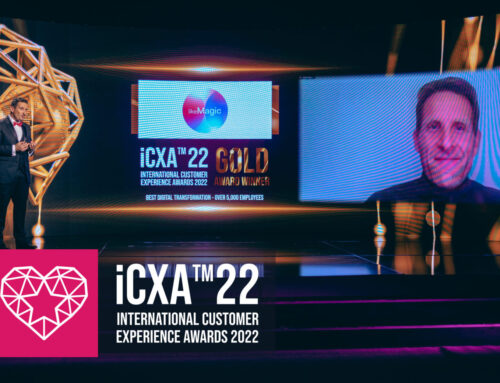
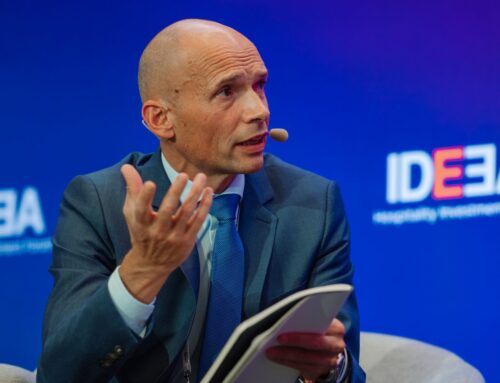
Leave A Comment